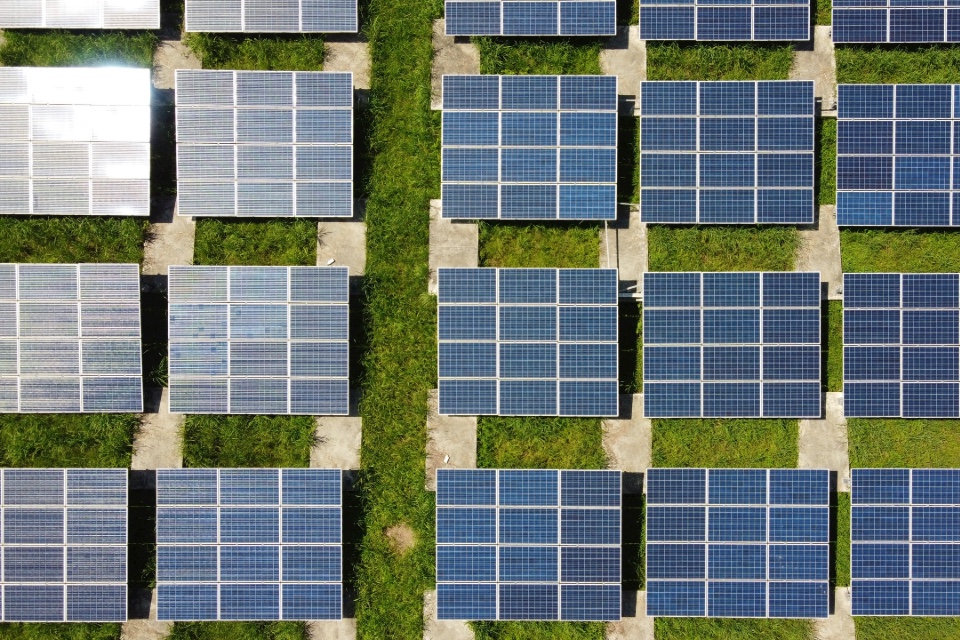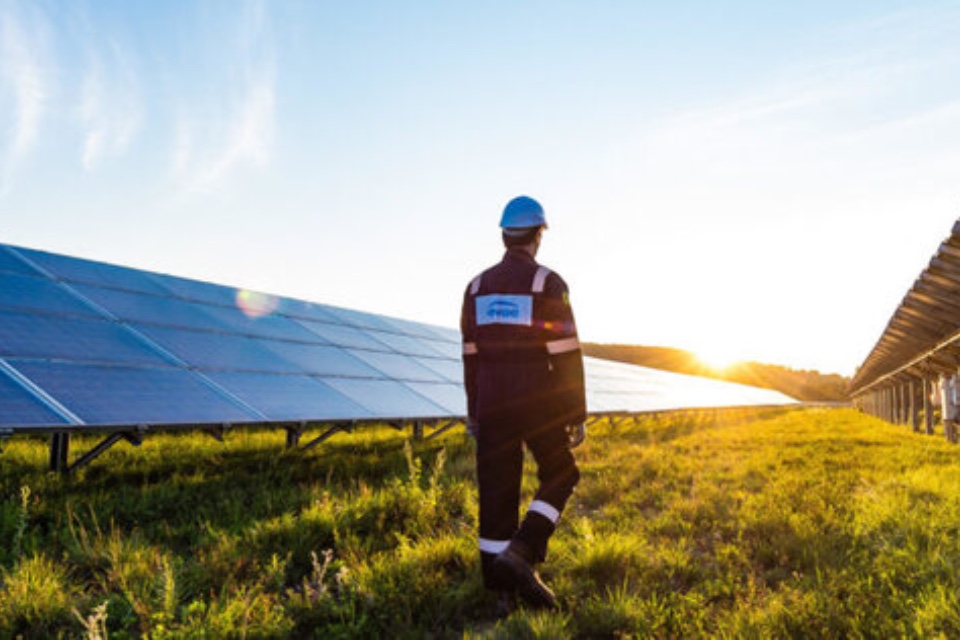Dogger Bank D wind farm scoping report proposals submitted
https://energymanagementsummit.co.uk/wp-content/uploads/2024/07/dogger-bank-d-advances-green-hydrogen-concept-and-engineering-and-optimisation-studies.jpg 960 640 Stuart O'Brien Stuart O'Brien https://secure.gravatar.com/avatar/81af0597d5c9bfe2231f1397b411745a?s=96&d=mm&r=gSSE and Equinor, co-developers of the proposed Dogger Bank D fourth phase of Dogger Bank Wind Farm, have submitted a Scoping Report for the project to The Planning Inspectorate.
This follows publication in March 2024 by National Grid ESO of the Transitional Centralised Strategic Network Plan (tCSNP2) which included confirmation that Dogger Bank D will connect into Birkhill Wood, a proposed new 400kV substation located in the East Riding of Yorkshire.
Developed as a 50/50 joint venture between SSE Renewables and Equinor, Dogger Bank D would, if consented and approved for delivery, have an installed capacity of up to 2GW and be located in the North Sea around 210km off the northeast coast at its closest point to shore. Project development has been made possible by the opportunity to maximise the capacity from the eastern part of the current Dogger Bank C site. Dogger Bank D is working closely with The Crown Estate, who manage the seabed around England, Wales and Northern Ireland to agree the progression of Dogger Bank D.
The existing 3.6GW Dogger Bank Wind Farm was granted development consent in 2015 and is currently under construction in the North Sea across three build-out phases, Dogger Bank A, B and C. Once complete, Dogger Bank Wind Farm will be the world’s biggest offshore wind farm in operation.
The proposed fourth phase of the wind farm, Dogger Bank D, has been designated a Nationally Significant Infrastructure Project (NSIP) of more than 100MW of generating capacity. As a result, an Environmental Impact Assessment (EIA) is required for the project to be able to submit a Development Consent Order (DCO) application.
The purpose of the Scoping Report is to request a formal EIA Scoping Opinion from the Planning Inspectorate which would outline the topics to be assessed in the EIA.
Rob Cussons, Project Director for Dogger Bank D at SSE Renewables, said: “The Scoping Report is an important milestone for Dogger Bank D and is a key part of the development of an offshore wind farm. The report lays out the scope of the project proposals and identifies key environmental factors. We look forward to receiving a Scoping Opinion from the Planning Inspectorate and input from consultees which will help inform our development proposals.”
A further round of public consultation on the proposals for Dogger Bank D will take place in Autumn 2024.










